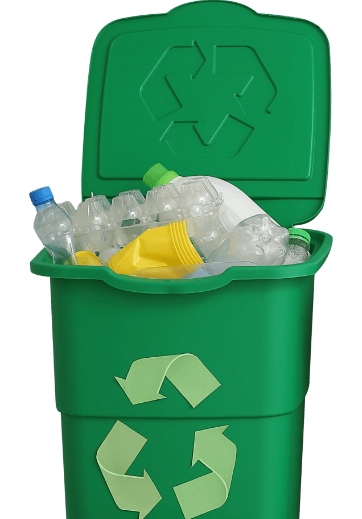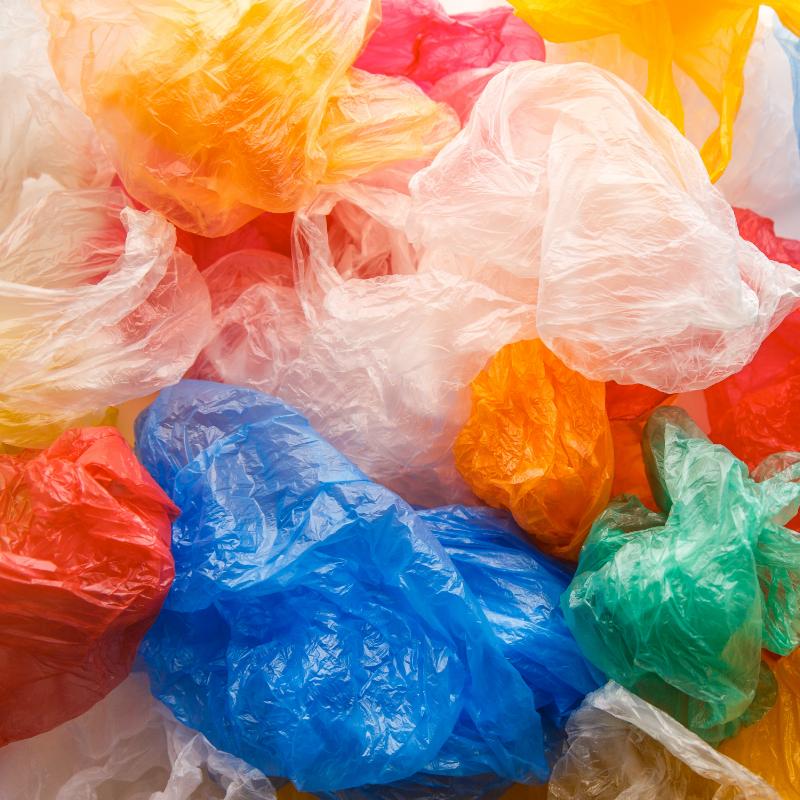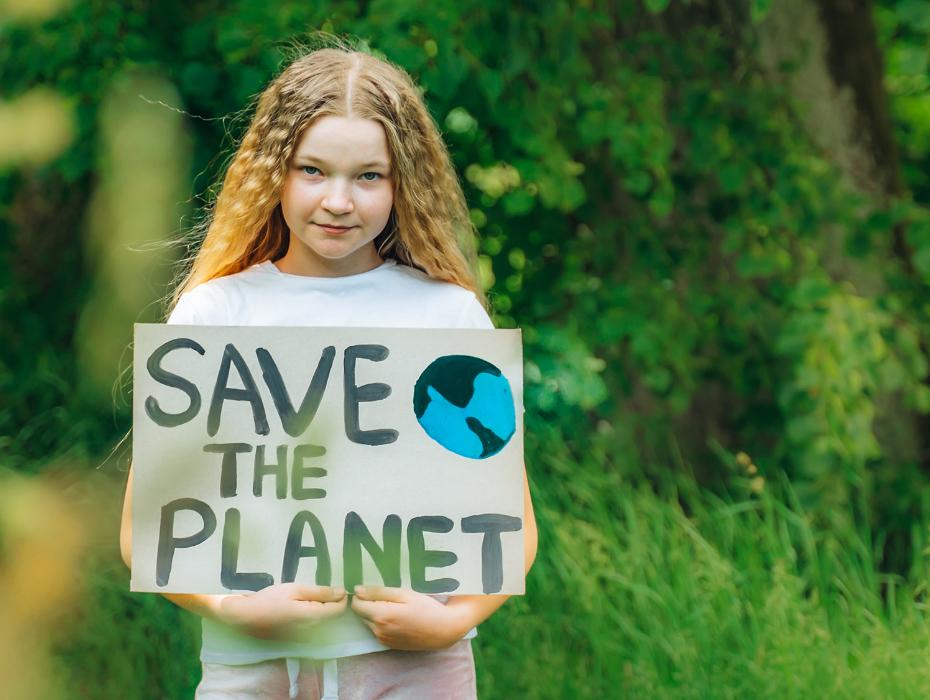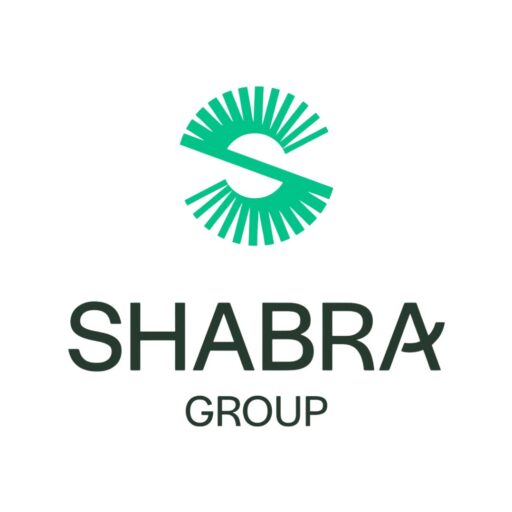Education
Shabra are manufacturers and suppliers of plastic packaging products and catering disposables. This includes polythene bags and tubing as well as janitorial supplies.
No business or individual lives in a vacuum…
and there is a delicate ecosystem where consequences for one’s actions can impact other parts of the supply and demand chain. We all have a responsibility to educate ourselves on the benefits of successful plastic recycling, not least because of ambitious EU targets which will dramatically shape our relationship with waste.


It has been estimated that Ireland currently recycles 42% of all plastics.
Reaching the EU target of 50% by 2025 will be a significant challenge unless everyone plays their part.
A key component of addressing this imbalance is increasing awareness of effective recycling and promoting sustainable models of waste management such as the circular economy.
As a closed loop company, and one of the leading voices proactively engaging with the community to promote sustainable action, our actions often speak louder than words. For example, we recycle over 10,000 tonnes of waste plastic recycled annually. We manufacture bags and sacks from our own recycled plastic.

That being said, it is important that our voices are heard
reaching out and encouraging others to improve their own relationship with waste. Our wealth of experience extends to parts of the community where we feel obliged to help others on their journey.
Shabra support local school recycling competitions and accommodate school tours of the facility, helping to educate our future leaders of the importance and benefits of recycling.
Glossary of Terms
The following glossary is designed to increase understanding of some of the most frequently used terms associated with a sustainable and eco-friendly economy.
A term which describes meeting our own needs without compromising the ability of future generations to meet their own collective needs.
A model of production and consumption, which involves sharing, leasing, reusing, repairing, refurbishing, reprocessing and recycling existing materials and products for as long as possible.
The process by which a product or material is used, recycled and turned into a new product (or converted back to raw material). An example is when plastic is reprocessed and the recyclate produced is used to manufacture another product in the same product category.
A recycling process whereby recycled materials are converted into both new raw materials and waste product.
A term used to describe a raw material sent to, and processed in, a waste recycling plant or materials recovery facility.
The production and discharge of something, especially gas or radiation, into the atmosphere.
Something produced typically in an industrial or biological process in addition to the principal product.
Heralds the final stages of a product’s existence.
The amount of carbon dioxide released into the atmosphere as a result of the activities of a particular individual, organisation, or community.
A holistic and integrated system and process for the generation, storage, sorting, recovering, reprocessing, recycling and disposal of waste products.
The handling of a good or product as it moves through five stages of its lifespan, from development to decline.
An economic system that works to regenerate capital assets, i.e. goods and/or services that are required for, or contribute to, our well-being.
Resources that can be replenished to replace the portion depleted by usage and consumption.
Reuse discarded objects or materials in a way that creates an end-product that exceeds the original product in either quality or value.
The process to generate energy in the form of electricity and/or heat from the primary treatment of waste, or the processing of waste into a fuel source.
A set of principles focused on waste prevention that encourages redesigning resource life cycle to ensure optimisation and reuse of all products.
End of waste is a process to facilitate the recovery or recycling of waste for use as a resource, to directly replace the use of raw materials.
What can be recycled?
This is a common question from many of our clients so we prepared the following graphic to help break down which items can be safely recycled.
Get in Touch
If you have a question for the team, you can complete the contact form and one of our staff will be happy to help.
If you would like to learn about the various products we offer, you can check out our store.
